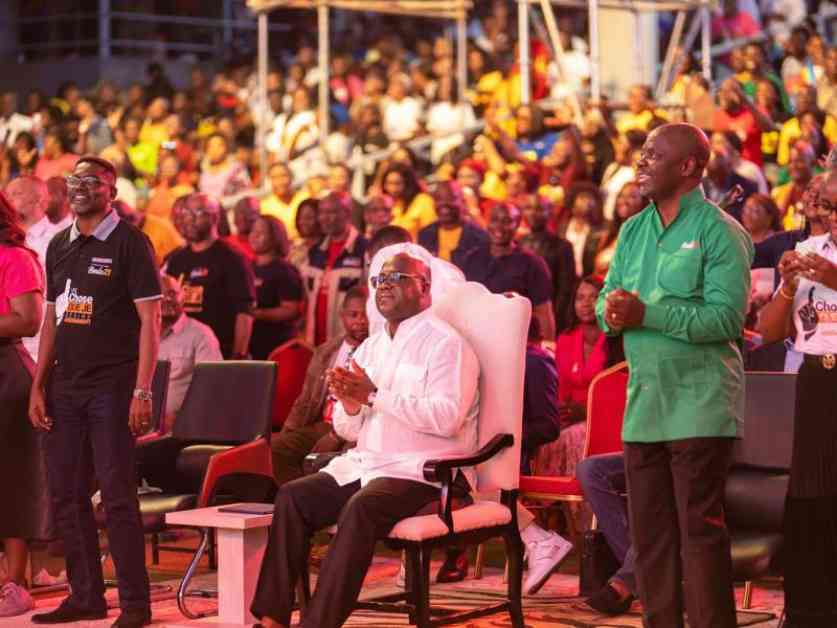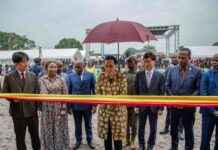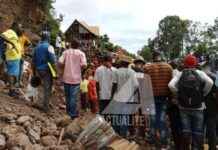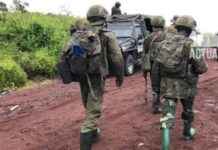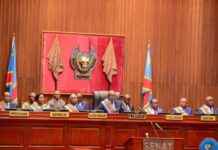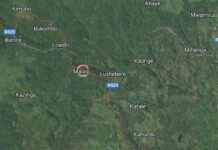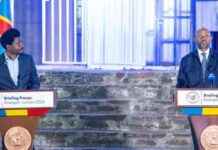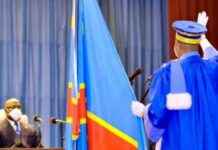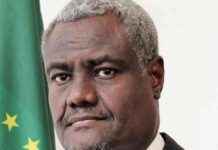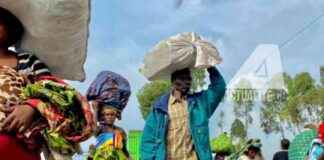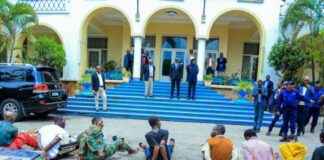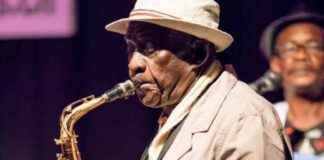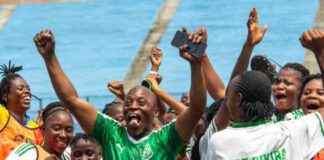Political Implications of Apostle Roland Dalo’s Announcement on State Management Renewal in 2025
Apostle Roland Dalo, a prominent figure of the Philadelphie Mission Center closely associated with President Félix Tshisekedi, made significant revelations during a ceremony filled with prayers of thanksgiving on December 31, 2024. This announcement shed light on the management of the “Congo city” in the new year, showcasing the spiritual and political engagement of the President’s spiritual father in Congolese politics.
Background and Context
Earlier, on January 20, 2024, at the start of President Tshisekedi’s second term, Roland Dalo had captured attention with his candid remarks during the opening prayer of the official ceremony. His plea for selfless leaders dedicated to the well-being of the Congolese people resonated with many.
Current Situation and Future Prospects
As the nation grapples with the rising cost of living, deteriorating security, and humanitarian crises in the East, Roland Dalo’s promises for the future of the DRC have sparked hope. His prayer for a comprehensive renewal in managing the nation reflects a deep commitment to addressing governance challenges and societal issues.
Analysis and Implications
Roland Dalo’s dual role as a religious leader and political influencer presents a complex interplay between spirituality and governance in the Congolese context. His public expressions of support for the current administration, despite previous criticisms of corruption, may mobilize public sentiment in favor of the President, strengthening their bond.
However, questions arise about the extent of his influence and the potential risks associated with his proactive stance on governance issues. As he navigates the delicate balance between advocacy and critique, Roland Dalo’s future trajectory hinges on the alignment of his prophetic visions with the realities faced by the Congolese people.
In conclusion, Apostle Roland Dalo’s evolving role as a transformative agent in Congolese politics underscores the intersection of faith, leadership, and societal change. His prayers and declarations carry profound implications for the country’s trajectory, shaping the discourse on governance and public accountability. As he treads this path of dual responsibilities, the impact of his words and actions will reverberate across political and religious spheres, influencing the course of the nation’s development.
